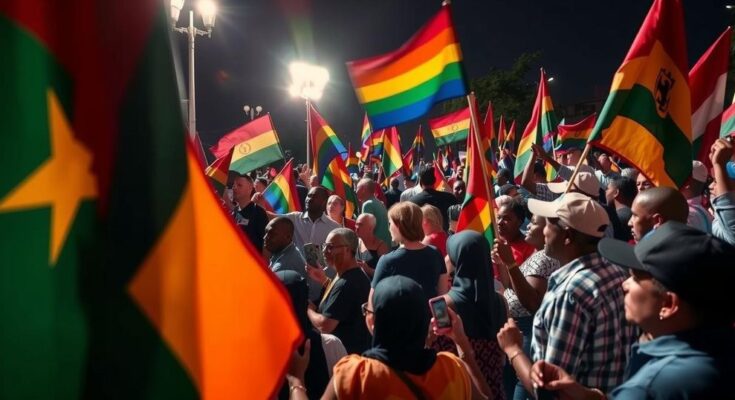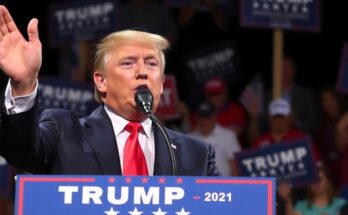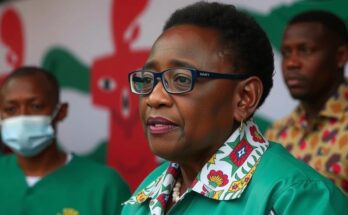Namibia’s opposition demanded a halt to voting on November 28, 2024, due to severe delays and confusion during the elections. Long lines at polling stations and discrepancies in vote counting raised suspicions of mismanagement by the Electoral Commission. This election poses a significant challenge to the ruling SWAPO party amidst growing frustration over unemployment and inequality.
On November 28, 2024, Namibia’s opposition parties called for the suspension of voting amid significant logistical challenges and delays during the national elections. The polling process was marred by confusion as voters experienced long wait times, with some enduring queues for over 12 hours. The Independent Patriots for Change (IPC) party reported discrepancies in ballot counting procedures, with some polling stations facing interruptions while others continued to accept votes. Opposition representative Christine Aochamus expressed deep concerns regarding the Electoral Commission of Namibia (ECN), claiming potential voter suppression and disorganized procedures. This election is particularly crucial as it serves as a test for the long-running ruling party, SWAPO, amidst rising frustrations over unemployment and economic disparity. With a significant youth demographic disillusioned by high unemployment rates, the election outcome may signal an impending change in leadership.
The national elections in Namibia serve as a pivotal moment for the country’s democratic processes and the ruling party’s control. SWAPO has maintained power since Namibia’s independence in 1990, yet growing dissatisfaction among the populace, particularly regarding youth unemployment and economic inequality, has raised questions about their continued dominance. The IPC emerges as a viable challenge, driven by a commitment to reform and accountability, thereby intensifying the electoral stakes.
The calls from Namibia’s opposition to suspend the current voting process reflect deeper issues within the electoral framework and public sentiment regarding the ruling party. As voters actively demand change and accountability, the outcome of these elections may initiate significant shifts in Namibia’s political landscape. The long lines and dissatisfaction with the Electoral Commission’s handling of the election could denote a critical juncture for governance in the nation.
Original Source: www.seychellesnewsagency.com




